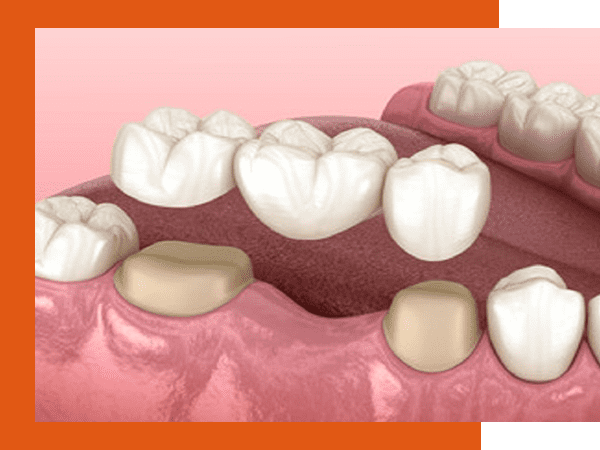You may have heard the terms “dental crown” and “dental cap” used a few times. Do you know the difference between the two? Take a second to think about it before you read the next paragraph.
Are you ready for the answer?
Here it is: Nothing! That’s right: a dental crown and a dental cap are exactly the same! According to WebMD, a dental crown is a tooth-shaped cap that is placed over a tooth to restore its shape and size, strength, and improve its appearance.
A crown can also be placed on top of dental implants. See the diagram below for an illustration of how a dental crown is installed.
Now that you know the difference (or lack thereof), let’s discuss some commonly-asked questions about dental crowns.

